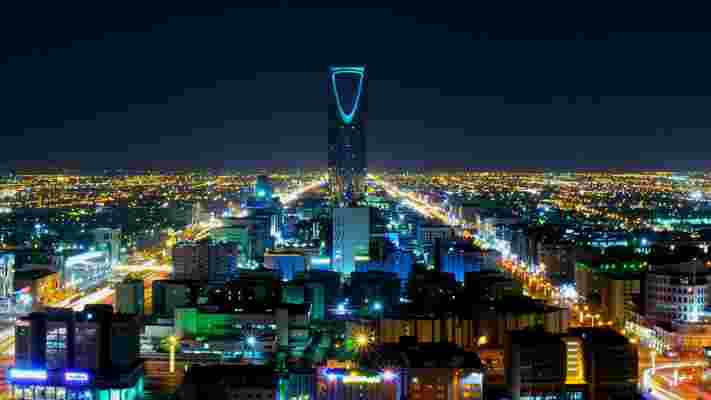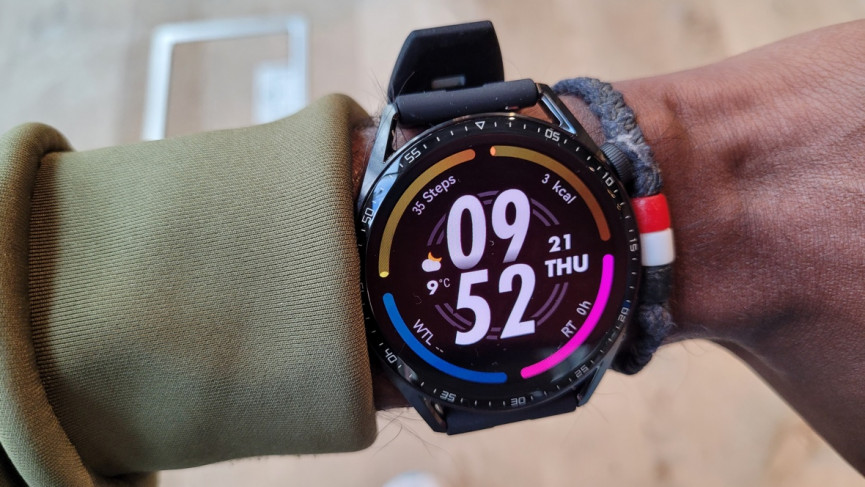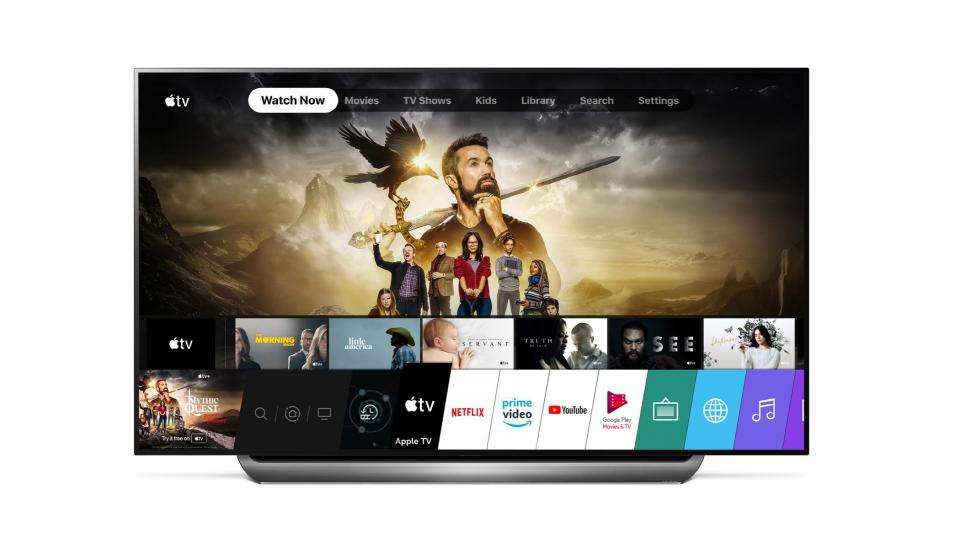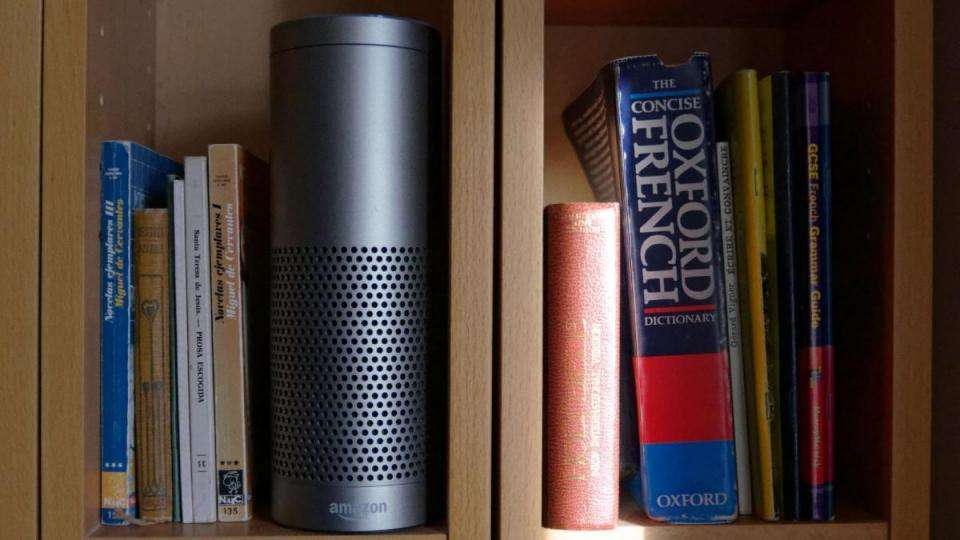October 07,2022
Saudi Arabia Could Be Spending $500 Billion to Make a City to Rival Dubai
by David Stewart
The world around Saudi Arabia is changing. Weak oil prices necessitate new revenue streams. Saudi women can get behind the wheel and drive, but Crown Prince Mohammed bin Salman still has his work cut out for him if he wants to truly turn around the country’s marginal human rights record. If he’s somehow able to establish a $500 billion utopia on the Red Sea coast, it might go a long way toward bringing the conservative, oil-rich kingdom into the future—or at least the present.

Unveiled at the Future Investment Initiative conference in Riyadh this week, “NEOM” is a proposed 10,000-square-mile business and industrial zone in northwest Saudi Arabia meant to attract domestic and international investment. Taking inspiration from Dubai’s model for relatively autonomous economic development, bin Salman envisions an area free from “anything traditional,” most notably the country’s existing bureaucratic and cultural obstacles. Signaling a shift away from oil dependency, the city-state would be powered entirely by wind and solar energy. A loose regulatory climate would encourage investment in sectors as diverse as entertainment and biotechnology.
From a technological standpoint, bin Salman (who also heads Saudi Arabia’s Public Investment Fund) wants the project to serve as a model for how robotics and automation could perform a wide range of civic duties. "We will build the city from scratch, it will be drone-friendly and a center for the development of robotics," he said in a statement. Boston Dynamics CEO Marc Raibert told FII conference attendees that, in addition to self-driving cars and passenger drones and the automation of basic services, robots could be deployed to address "areas such as security, logistics, home deliveries, and even looking after the elderly and infirm." There’s no word on what role robotics would play in constructing a city whose architecture would likely rival Dubai's in its grandiosity, but it might be a way for Saudi Arabia to avoid the kind of barbaric, illegal labor practices that Qatar reportedly relied on to complete its own ambitious development project.
Of course, many questions will need to be addressed before the project’s first phase comes to fruition, which Riyadh said would be sometime around 2025. Past efforts to decrease the percentage of Saudi Arabia’s GDP derived from oil exports were abandoned as prices recovered, so some investors will need to see more proof that Saudi Arabia is committed to NEOM’s completion before signing on. It also remains to be seen what kind of impact such a project would have on Saudi Arabia’s conservative cultural climate. Regardless, NEOM provides an interesting look at a potential planned city of the future. There’s no doubt the world will be watching.






